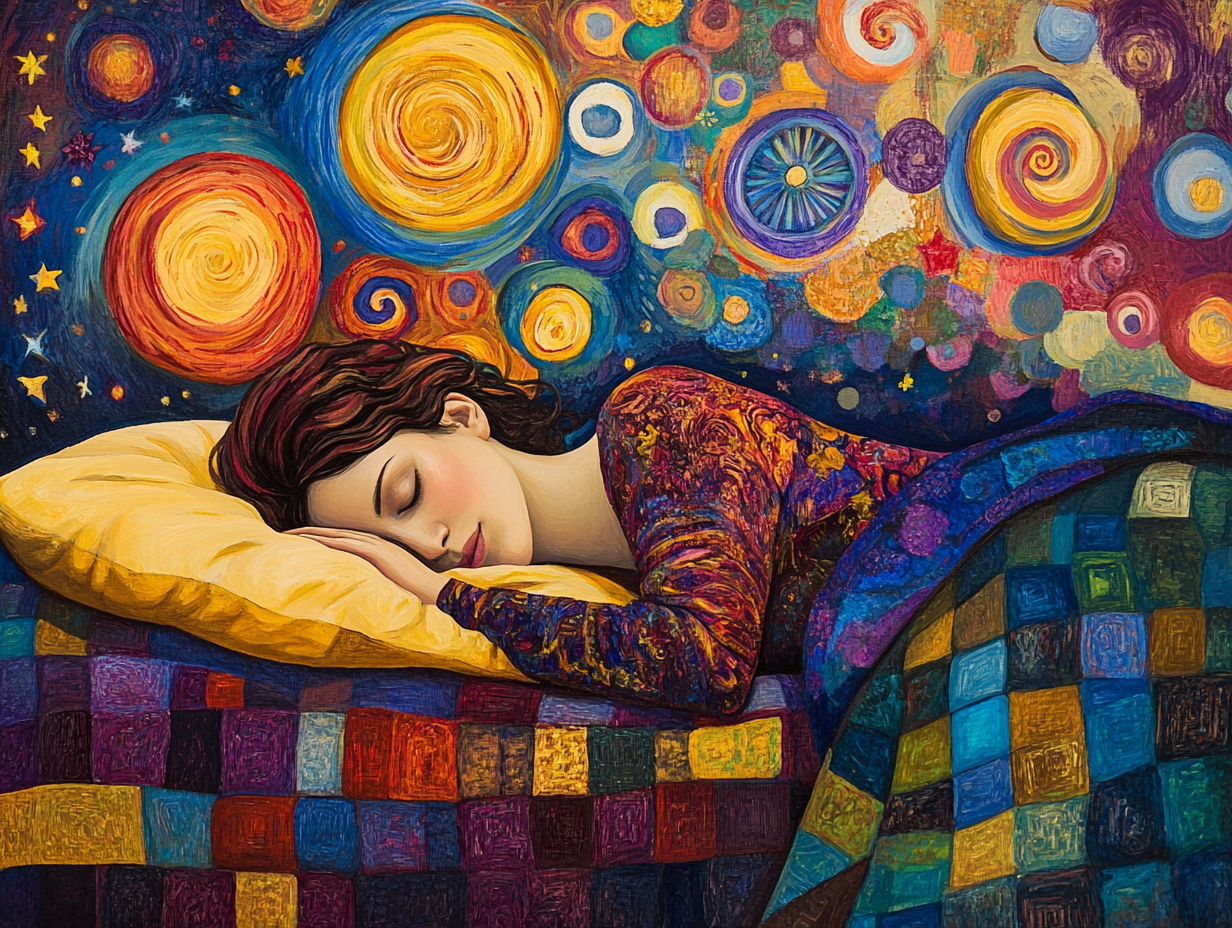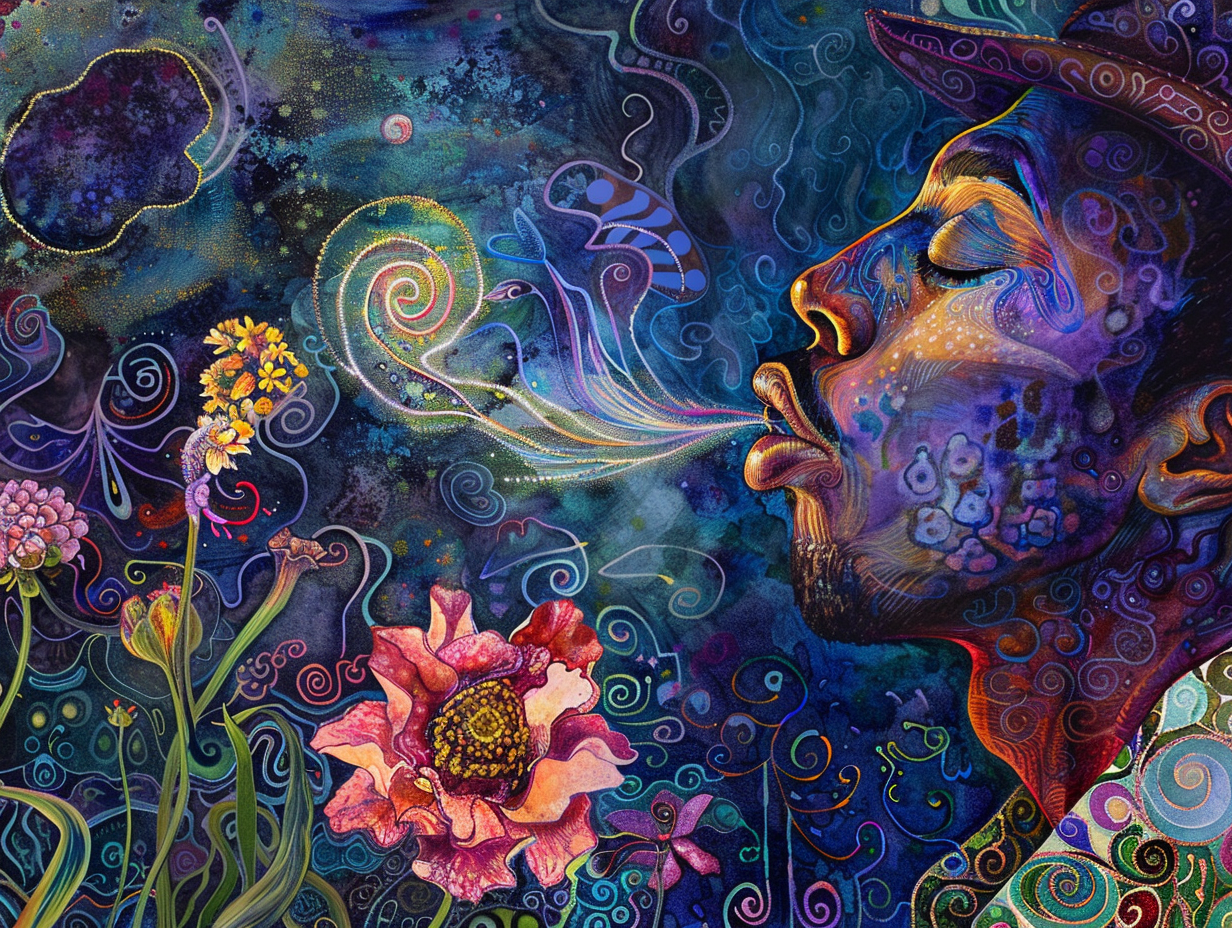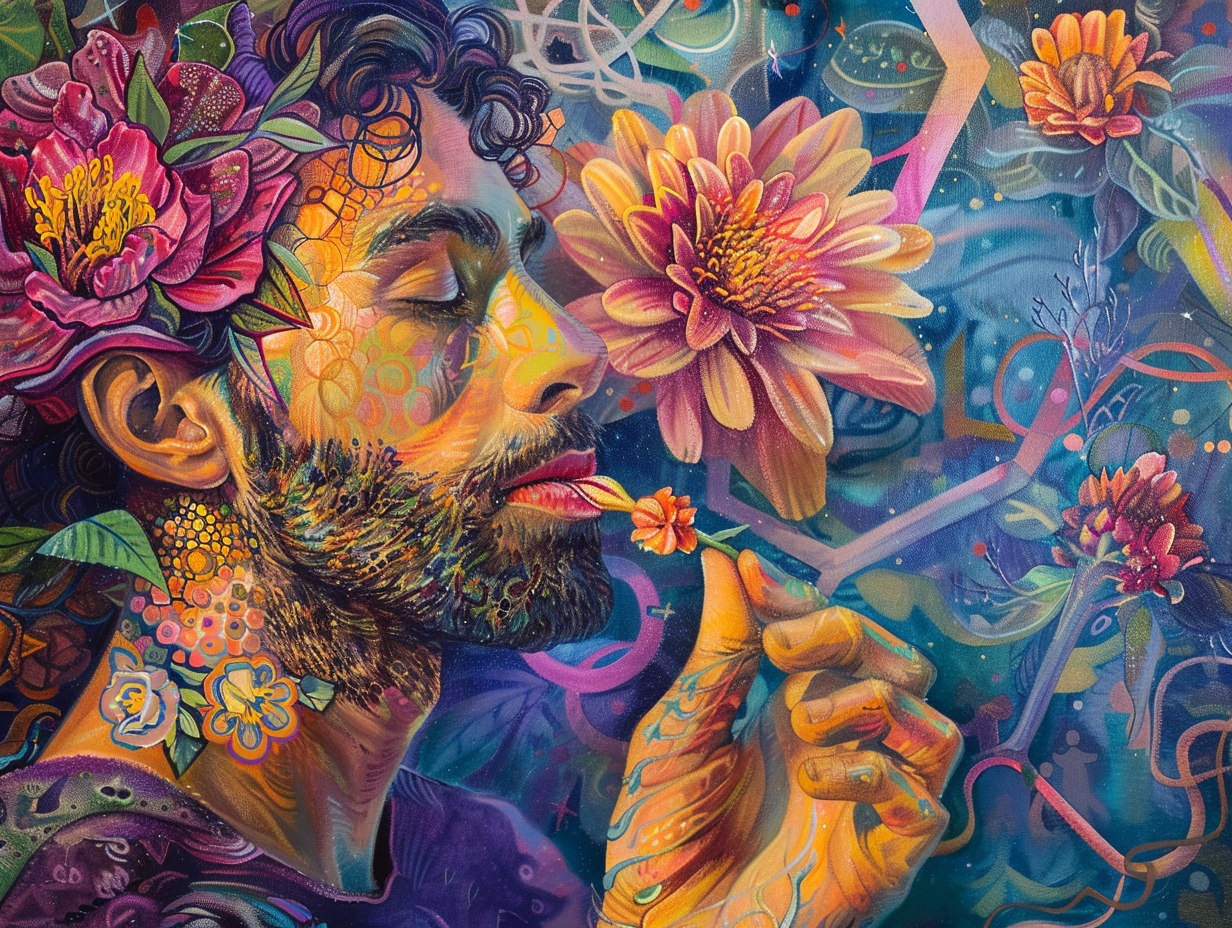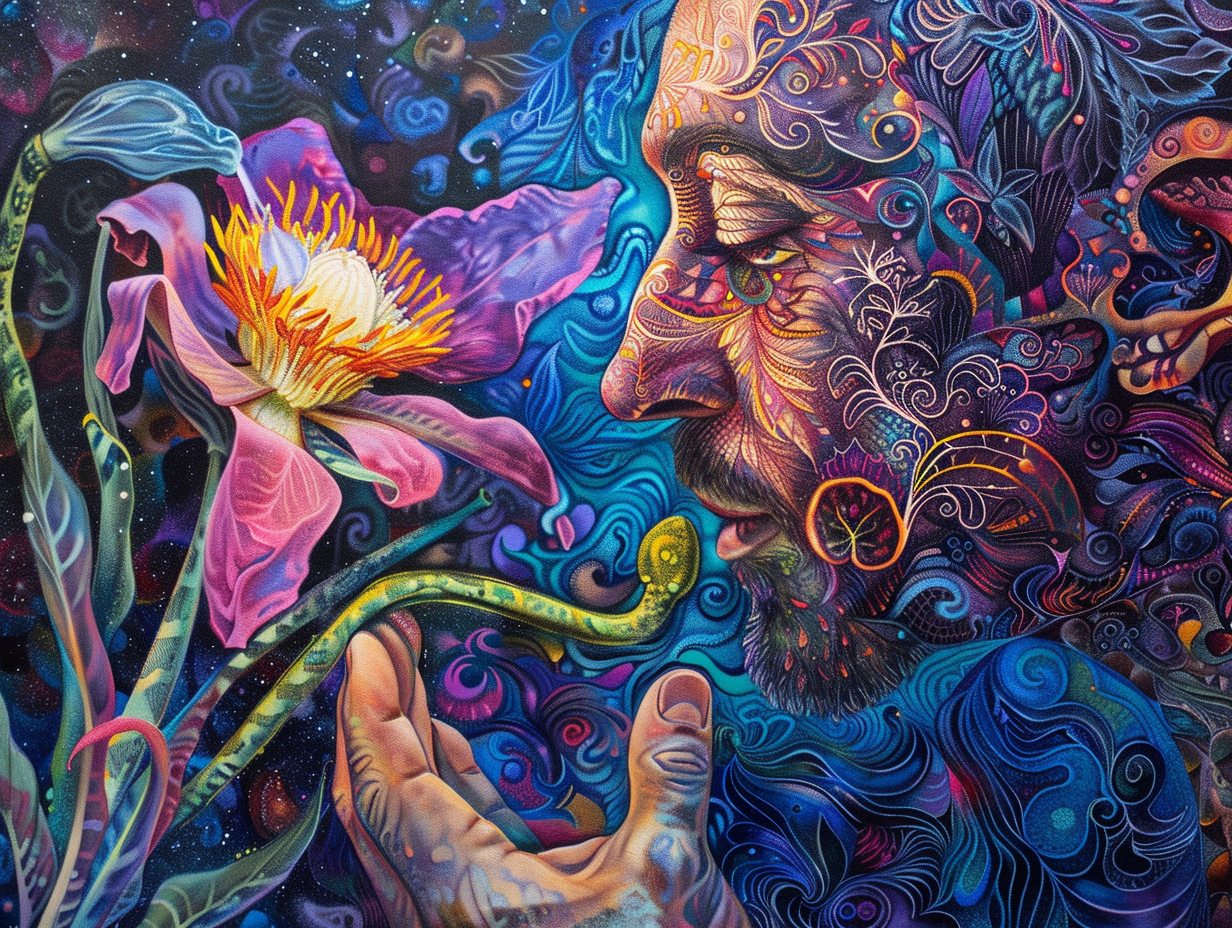The Sleep Solution: Reclaiming Rest in a Hectic World (Part 2 of 2)

When Sleep Hacks Don’t Work
Have you ever tried every trick in the book—dimmed lights, sleep masks, lavender oils—only to find yourself staring at the ceiling? Sometimes, no matter how perfect your nighttime routine is, deeper factors might be at play. What we do during the day often has as much impact as what happens at night.
Caffeine
Caffeine is one of the most common culprits. While coffee, tea, and energy drinks can fuel your mornings, they block adenosine, a chemical that builds up in your brain throughout the day to signal it’s time to rest. For some, caffeine’s effects can last well into the evening, depending on genetics and metabolism. To minimize its impact, try limiting caffeinated beverages to the morning and exploring herbal tea alternatives.
Stress
Chronic stress is another major player. When stress becomes your default mode, your body enters a state of hyperarousal, making it hard to relax. Over time, this tension suppresses deep sleep stages and increases nighttime awakenings. Establishing small, consistent routines—like a regular bedtime or a calming wind-down ritual—can signal to your body that it’s safe to let go. Stress-relieving practices such as yoga, mindfulness, or deep breathing exercises can reset your nervous system. Getting exposure to natural light during the day and engaging in physical movement—whether through a workout or simply walking outside—also helps regulate your circadian rhythm, making it easier to wind down at night. Slowing your daily pace and focusing on one task at a time can further reduce overwhelm, creating more room for rest.
Other factors
Beyond stress and caffeine, factors such as trauma, burnout, chronic pain, and mental health conditions—including anxiety and depression—can deeply disrupt sleep. In some cases, the nervous system slows down to conserve energy, leading to oversleeping without true rest. While occasional extra sleep may be necessary, regularly sleeping 10 to 12 hours or more could signal that your body is struggling to restore itself effectively. Sleep is when your body works hard on repair and recovery, but if energy is insufficient, these restorative processes can fall short, leaving you tired despite the hours spent in bed.
Substances
Substances like alcohol, marijuana, and nicotine can also disrupt the nervous system, making quality sleep harder to achieve. However, in some cases, the psychological soothing effect of a cigarette may outweigh its impact on sleep quality. This is highly individual and depends on factors such as stress levels, personal habits, and overall health. Lifestyle habits, such as irregular schedules, shift work, or even genetics, can further affect your circadian rhythm and sleep patterns.
Professional help
If these issues resonate with you, don’t hesitate to seek professional help. Therapies such as CBT (CognitiveBehavioral Therapy) for sleep or somatic practices can address underlying challenges, from trauma to chronic pain. Sleep isn’t just another checkbox on your to-do list—it’s the foundation of how you show up in the world.
Conclusion
When sleep hacks don’t seem to work, the solution often lies in understanding the bigger picture. By addressing these deeper factors, you can create a life where restful sleep—and vibrant energy—become your new normal. Struggling with sleep? Let’s uncover what’s really going on.
Related Resources
Explore insights and practical guidance for your personal journey.




